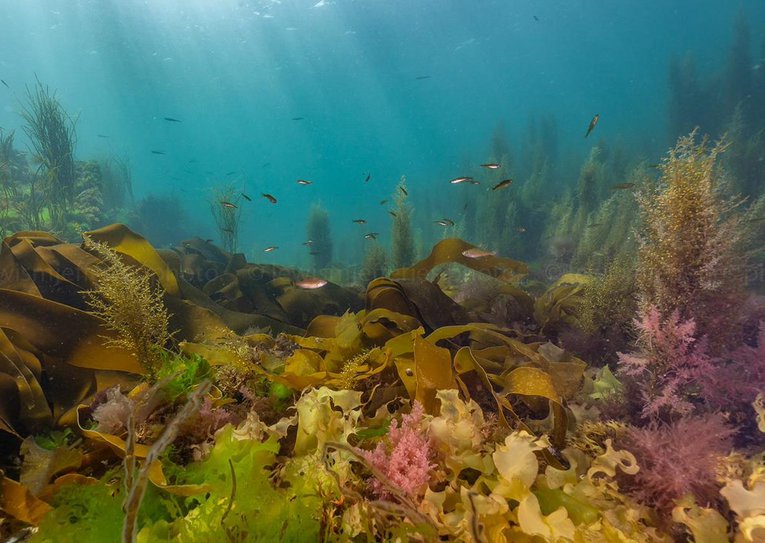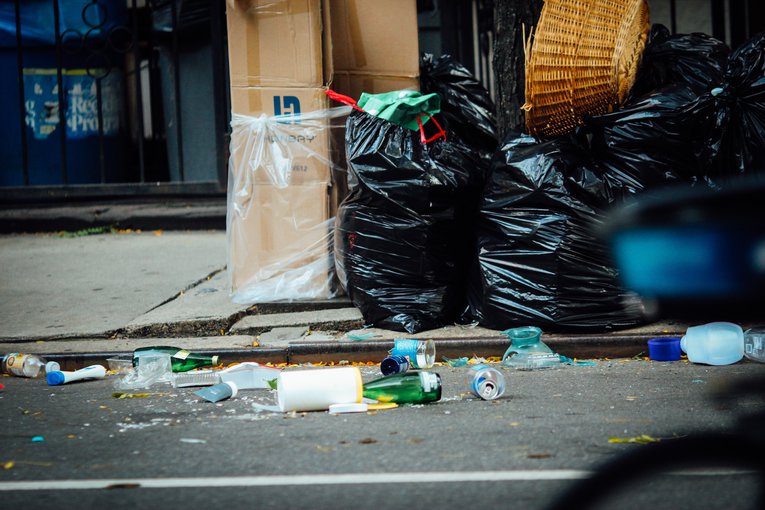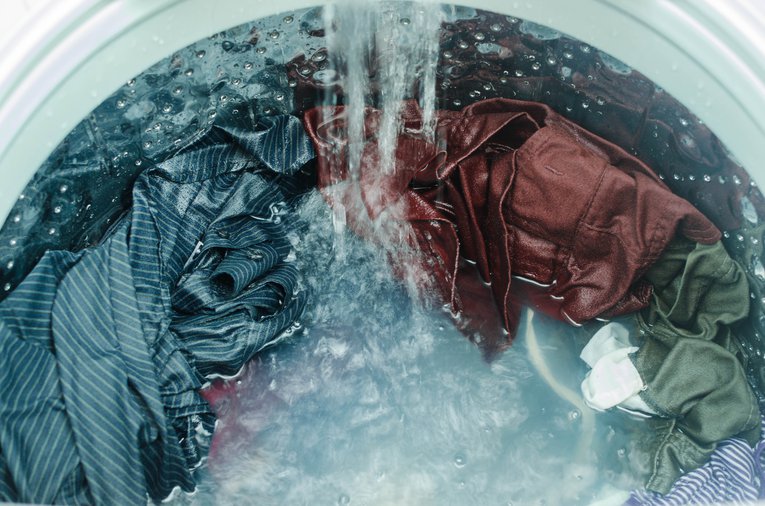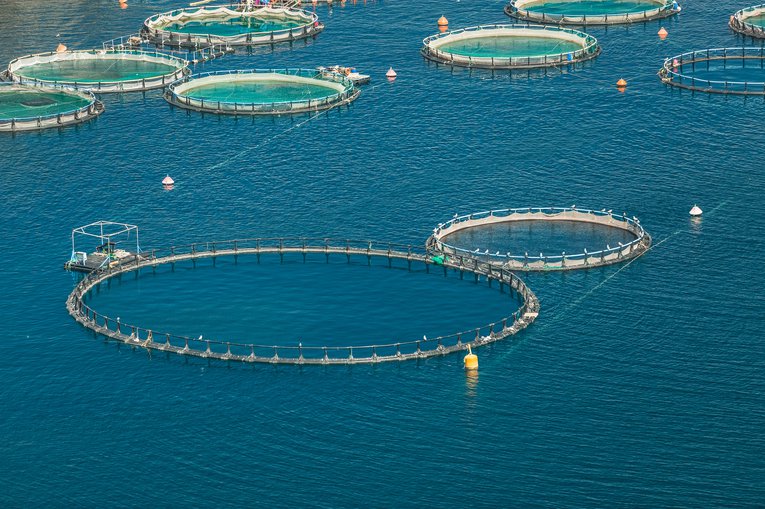
Be the Wave Project
4 minute read
Welcome to #BeTheWave, a new Wales-focused education project designed to inform students about our incredible blue planet and inspire them to take action.
About #BeTheWave
The content of these resources is rooted in Wales, aiming to develop a strong sense of identity and understanding of local ocean issues. They also extend to a global view, strengthening students’ development as citizens of contemporary Wales and the world.
Each lesson plan provides detailed curriculum links and the resources themselves introduce the opportunity for schools to take an integrated, thematic approach across the Areas of Learning and Experience, supporting students to make explicit links throughout the curriculum.
Ocean introduction
In these introductory lessons, students will learn to recognise environmental concerns and develop proactive solutions to environmental issues whilst exploring how important the ocean is to life.
Ocean issues
In the following sections, students will investigate ocean issues, focusing on Marine Pollution, Climate Change and Sustainable Fishing.
The Marine Pollution lessons explore the threats posed by pollution, inviting students to investigate how pollution enters our waters and what actions people can make to prevent it.
Then, in our Climate Change lessons, students will be guided in discovering why a healthy ocean is so important in tackling climate change and supporting marine life.
Using our Sustainable Fishing lessons, students will learn about what makes seafood sustainable and how they can make positive changes as an individual, a school, or a community to take care of our seas.
Marine pollution
The following lessons explore the threats that marine pollution poses, including how litter reaches the sea from inland sources, the impacts of plastics on the marine environment, and how we can all help reduce these negative effects.
Climate change
Sustainable fishing
Taking action in your school
Having discovered our #BeTheWave ideas in each lesson plan, this section provides useful guidelines and ideas to help students raise greater awareness of our ocean from their schools, community and on social media






















